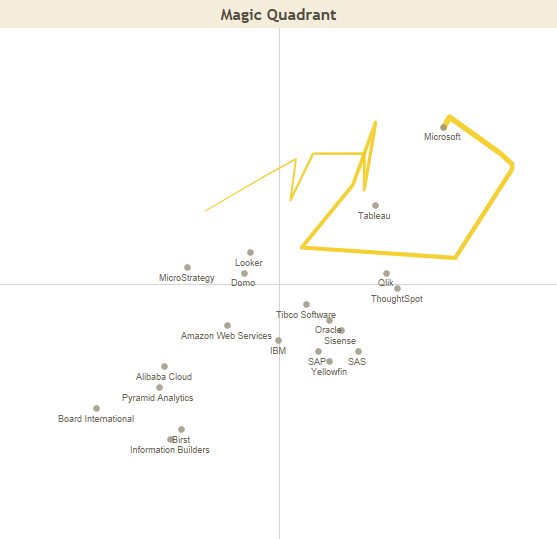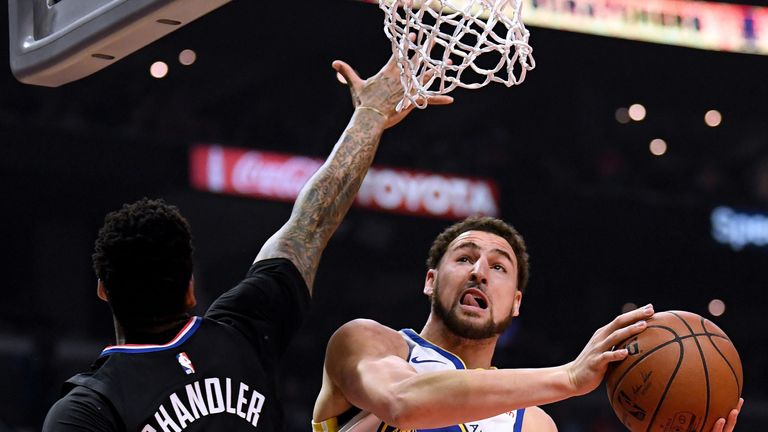

My role within that meeting is usually to provide some stats and some visuals, some sort of evidence-based opinion of how the training was and to back it up with what we try to get from that session to see if we achieved our goals. We then just look through the list of players to see who is available and who is not. We go through the training, looking at what outcomes we want to get from the session. After that, we start designing the training for the day. We start off with that and then we start looking at how we can review it back with the players, whether that is through a meeting with the coaches or straight onto the pitch to do walkthroughs. We are in for the first meeting at 7am to review the training session from the prior day or the game, depending on the day that we come in.

I look into attack with the attack coaches Girvan Dempsey and Ryan Davis, Dan Cooper will do defense with Neal Hatley, and Watkins will do set pieces (lineout and scrums) with Luke Charteris and Mark Lilley.Ī day at Bath Rugby usually starts with an early morning meeting, which can be as early as 7am. Since there are three of us within the first team, we would split the game up. What does a typical day as a Performance Analyst at Bath Rugby look like?Īs a First Team Analyst at Bath Rugby I specialise in attack. Both have different traits and are very good people to work with. I also work with Matt Watkins who has been there at Bath pretty much all his career. I joined Bath Rugby and worked with Dan Cooper, the Head of Performance Analysis at Bath Rugby and who had previously done the England 7s and the Olympics. Speaking to Mike, it was very much that he was not going to be leaving England anytime soon, so for me to get more experience the idea was to go elsewhere and work at a club for however many years and then potentially return back to England. It was an unbelievable experience.Īs I was in Australia, the Bath Rugby job came up.

Locke left so I then stepped up and went to the Australia 2016 tour with Mike. After that World Cup, Eddie came in and there was some change in personnel. I was also in the 2015 World Cup, which started off as a highlight but did not end as a highlight (England did not reach the knockout stage). After a couple of months, I was there in camp doing all the Six Nations, Autumns and Summers. The coaches there are unbelievable, really good guys.Īfter working on that for a while and as I progressed, Mike and Locke kept introducing me more and more into the senior work. I did the Bedford Blues and loved it there. I also filmed and coded the Championship. I started doing all the individual coding for the English Premiership squads each week. They were the senior characters in the environment at PGIR at the time. I also worked with Kate Burke, who is also in the RFU, and Austin Fuller, who is now at Hudl. They were my bosses and I worked directly with them.
#Domo golden stat transfer guide professional#
There are not that many times an opportunity like that comes up, especially in a professional environment.Īt England I was working directly with Mike Hughes and Duncan Locke, the two England Senior Analysts at the time. I had to come back to England in two weeks time, which meant my travelling was cut short, but it was too good of an opportunity to refuse. The job came up with PGIR, did the interview on Zoom from New Zealand and then got the job. It was through Insight Analysis, formerly PGIR when I first joined. Then, while I was in New Zealand, Simon contacted me about a job that came up with England. I went to New Zealand to play rugby out there for the season. It was really good learning.Īfter university, I decided to go travelling. I would work at Leicester Tigers under Simon and some other analysts, and then also when there was a game at Nottingham I would do that by myself. The way Leicester works is that, when you are an intern, you can also go and work for Nottingham as well. Obviously, I would learn the theory at uni and then go do the hands-on experience at Leicester. I was working a Leicester Tigers throughout my final year of university. He was unbelievable, one of the top in Performance Analysis in Rugby Union. When I was at Loughborough, the university had a mentorship programme at Leicester Tigers, so for my Performance Analysis module I would go work at Leicester Tigers with Simon Barbour, who was my first boss.

I went to Loughborough University and ended up doing a Sport Science degree there. I am from Northamptonshire, a small town called Corby. What made you want to become a Performance Analyst?


 0 kommentar(er)
0 kommentar(er)
